Digital Nomad in Romania
Romania, a country with a storied history and diverse landscapes, has emerged as an enticing destination for digital nomads seeking adventure and affordability. Certainly! When considering a trip to Romania, it's crucial to understand that you will need a Romanian visa for your visit.
From the bustling streets of Bucharest to the tranquil beauty of Transylvania, Romania offers a wealth of opportunities for remote work and exploration.
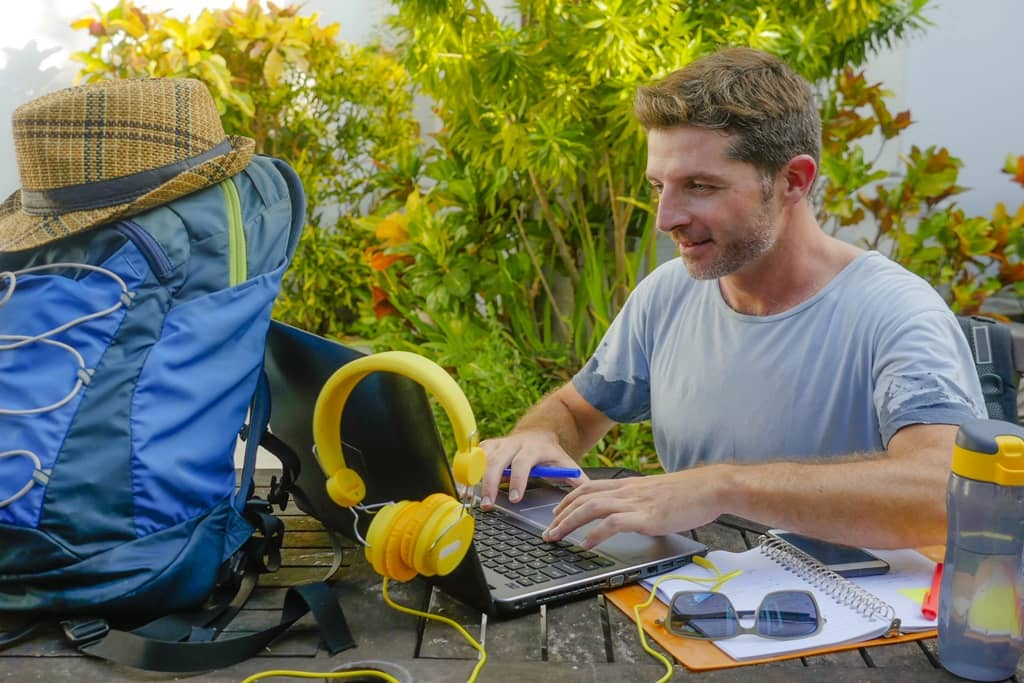
Discovering Romania's Rich History
Romania's history is as intriguing as it is lengthy. It traces its roots back to the ancient Dacian civilization before falling under Roman rule.
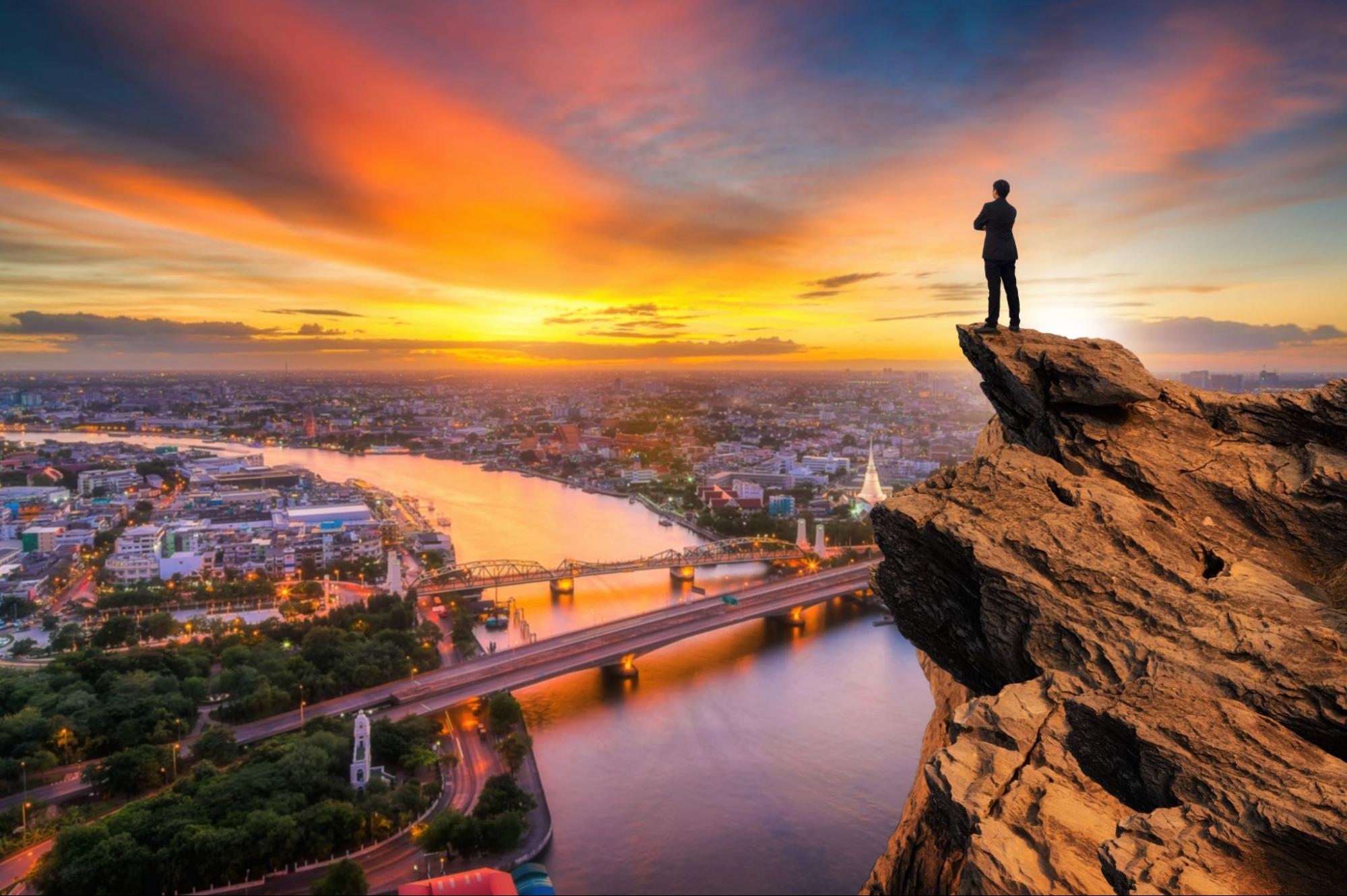
One of Romania's most famous historical figures is Vlad Tepes, also known as Vlad Dracula, whose legend inspired Bram Stoker's Count Dracula. Visitors can explore some of Dracula's castles, adding a touch of gothic allure to their journey.
However, Romania's modern history was marked by its period as a communist state under the rule of dictator Nicolae Ceausescu. This dark chapter still leaves visible traces throughout the country, shaping the culture and mindset of contemporary Romanians.
Where to Live as a Digital Nomad
Romania boasts several cities and regions that are well-suited for digital nomadic life, each with its unique charm and advantages.
1. Bucharest: The Vibrant Capital
As a digital nomad in Romania, Bucharest is the natural starting point. It offers top-notch infrastructure, excellent connectivity, and a host of first-world amenities.
The cityscape is dominated by imposing communist-era buildings, remnants of the Ceausescu regime. Beyond its historical architecture, Bucharest offers a plethora of cultural institutions, culinary delights, and a lively nightlife scene.
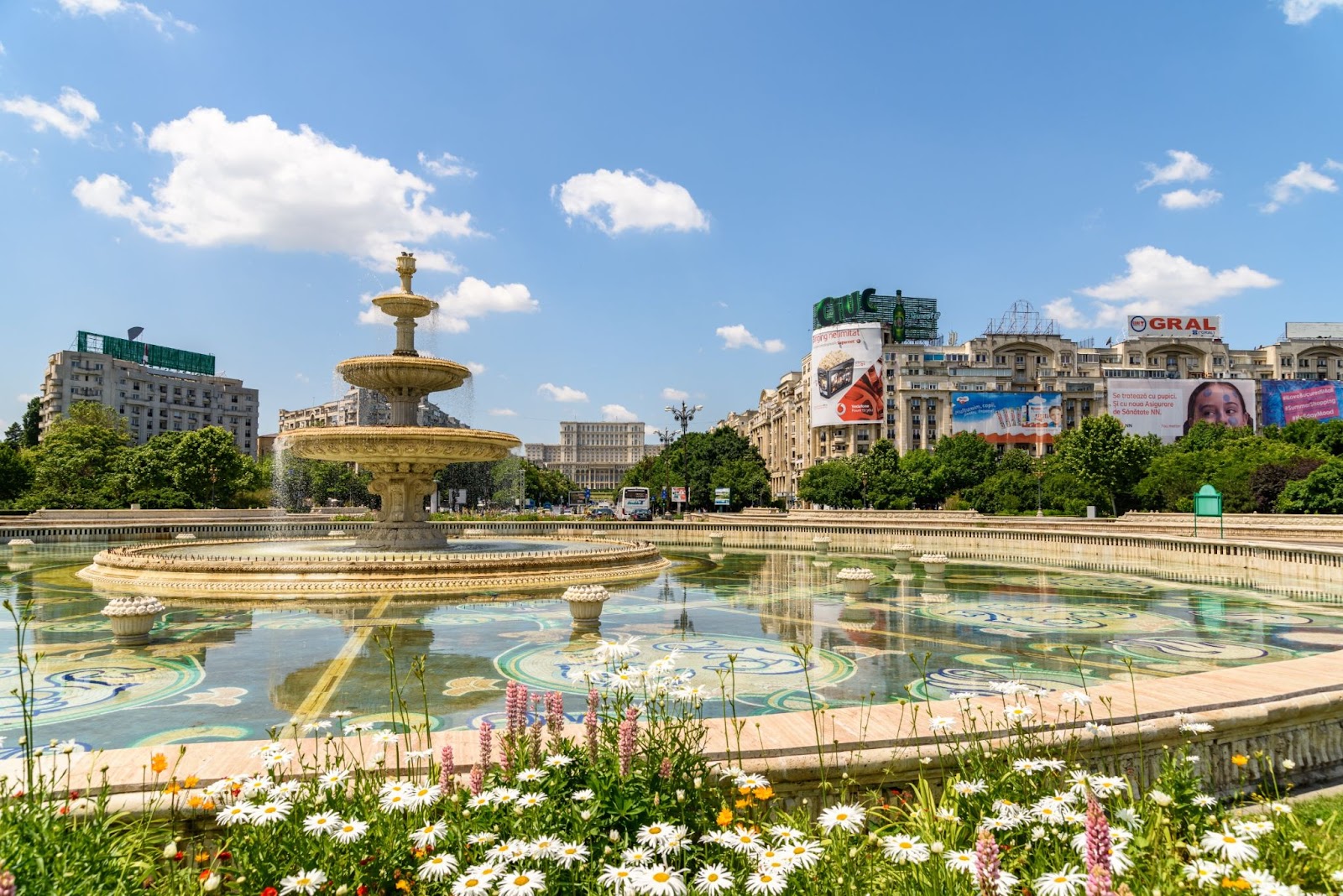
2. Cluj-Napoca: A Hidden Gem
Often overshadowed by Bucharest, Cluj-Napoca is Romania's second-largest city and a well-kept secret among digital nomads.
It boasts a youthful and dynamic atmosphere, thanks to the presence of Romania's largest university. The city features a thriving nightlife and convenient international flight connections, making it an ideal base for remote work.
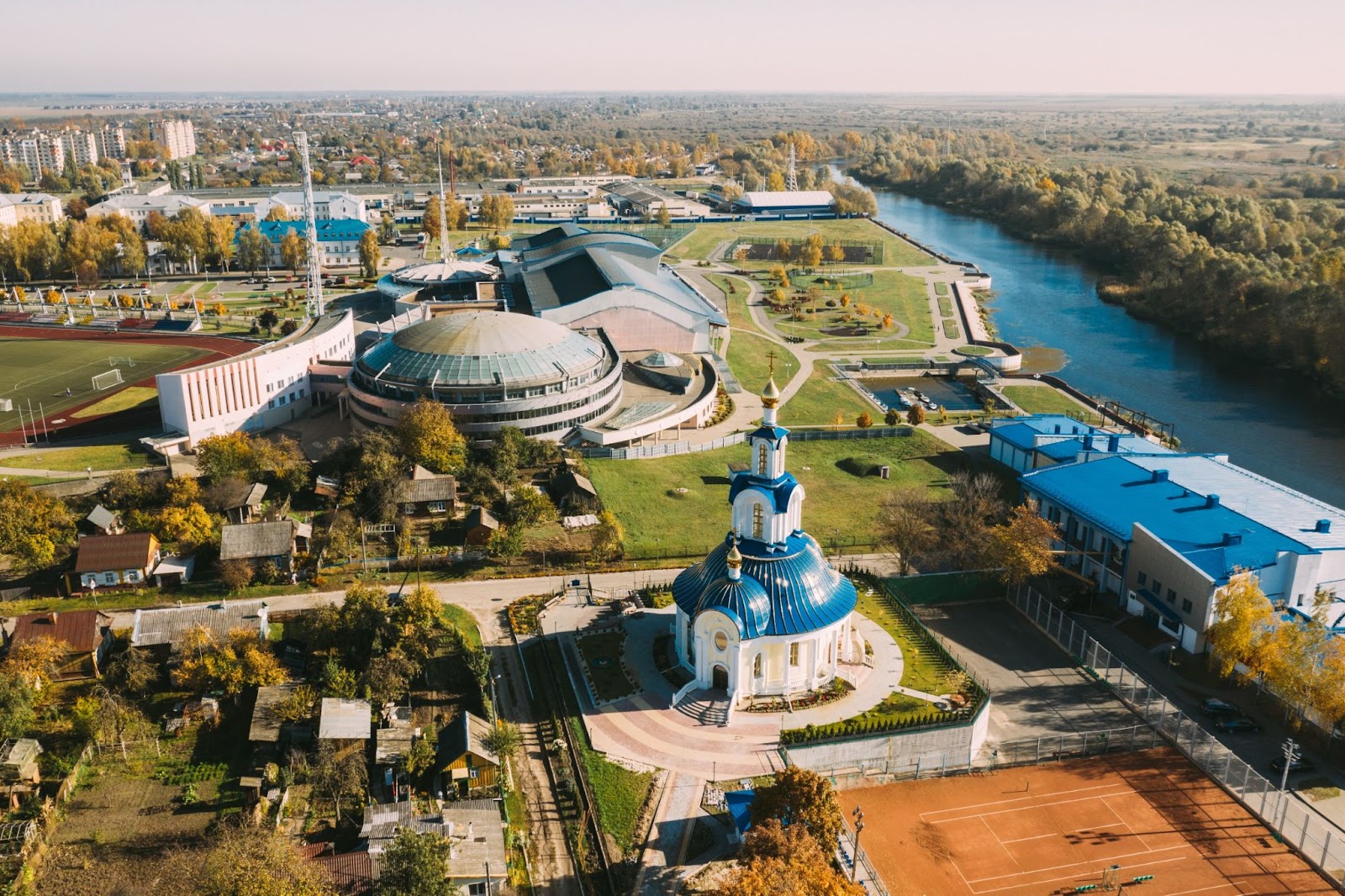
3. Brasov and Sibiu: Transylvanian Retreats
For those drawn to the allure of Transylvania, cities like Brasov and Sibiu offer a unique blend of history and natural beauty.
Brasov is known for its stunning medieval core and proximity to iconic castles like Bran Castle (Dracula's Castle) and Peles Castle.
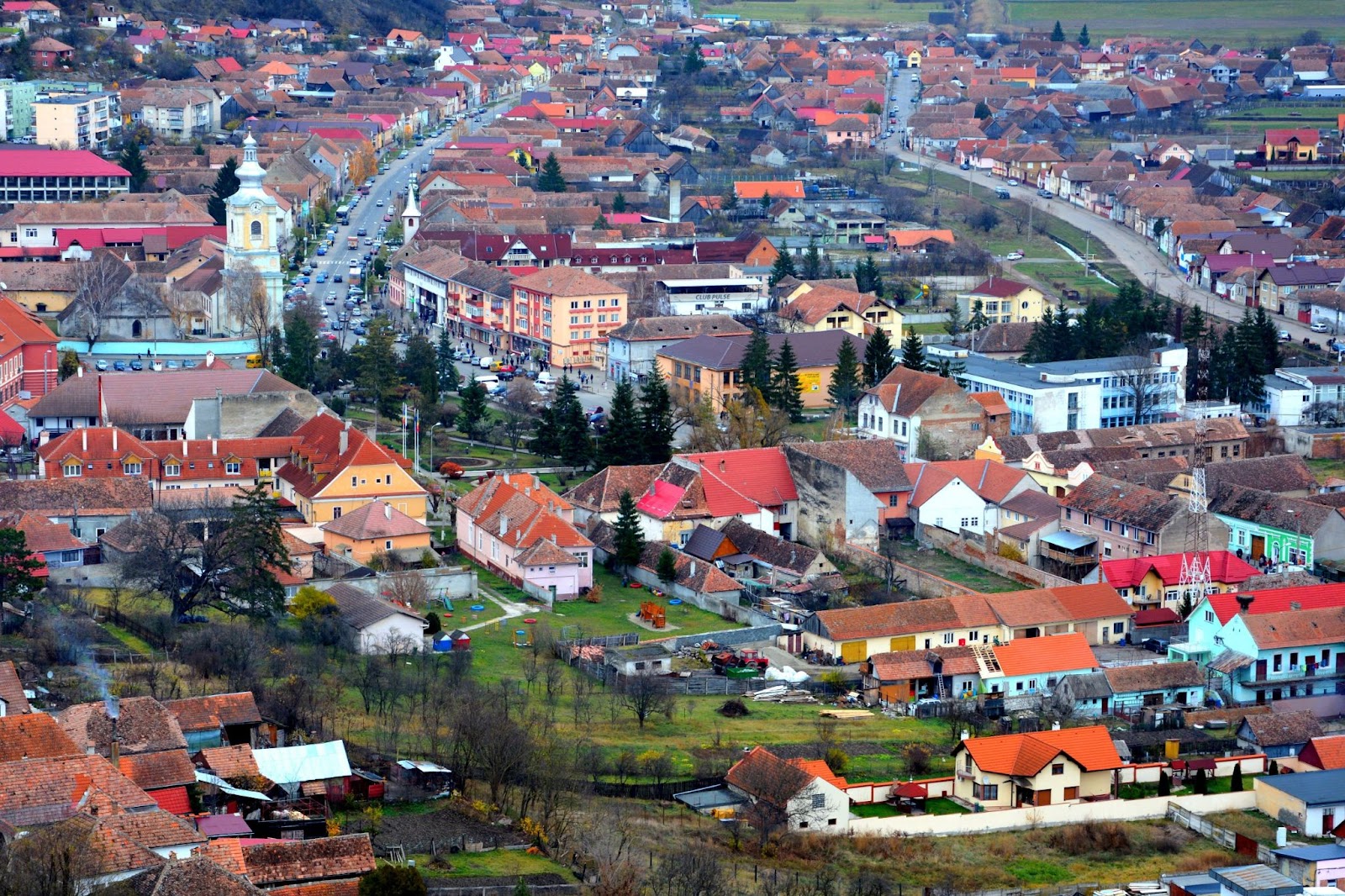
Sibiu, another Transylvanian gem, offers a laid-back vibe and picturesque architecture, making it an excellent choice for remote workers.
4. Oradea and Timisoara: Offbeat Experiences
Oradea, a regional hub, provides an offbeat experience with its charming and highly developed atmosphere.
Timisoara, located near the borders of Serbia and Hungary, boasts gorgeous medieval architecture and serves as an ideal stopover point for exploring the region.
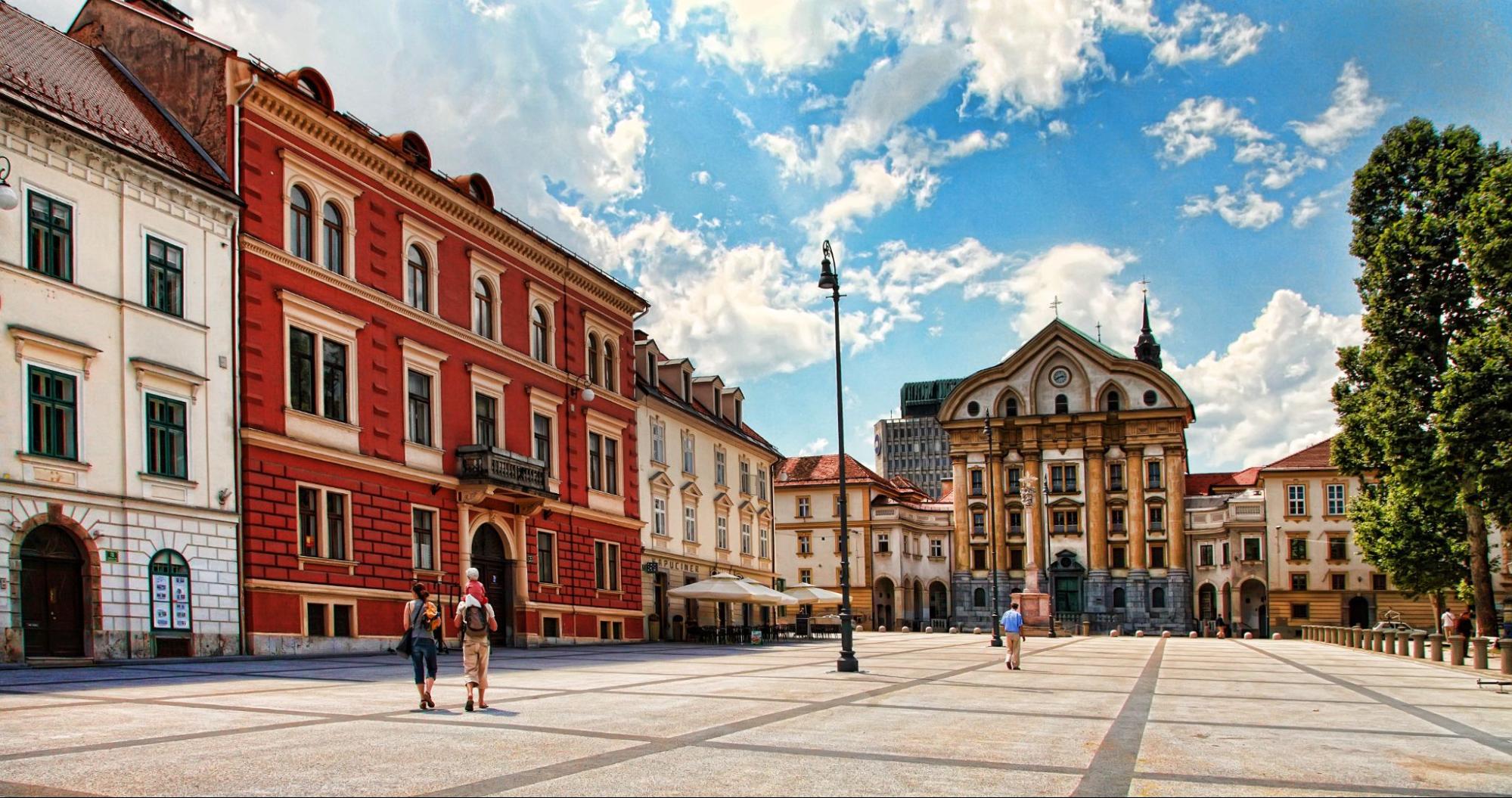
5. Constanta: Seaside Serenity
If you're a digital nomad yearning for a beachside setting, Constanta on the Black Sea coast is your answer.
The city offers ample infrastructure for remote work and convenient connections to other Black Sea resort towns.
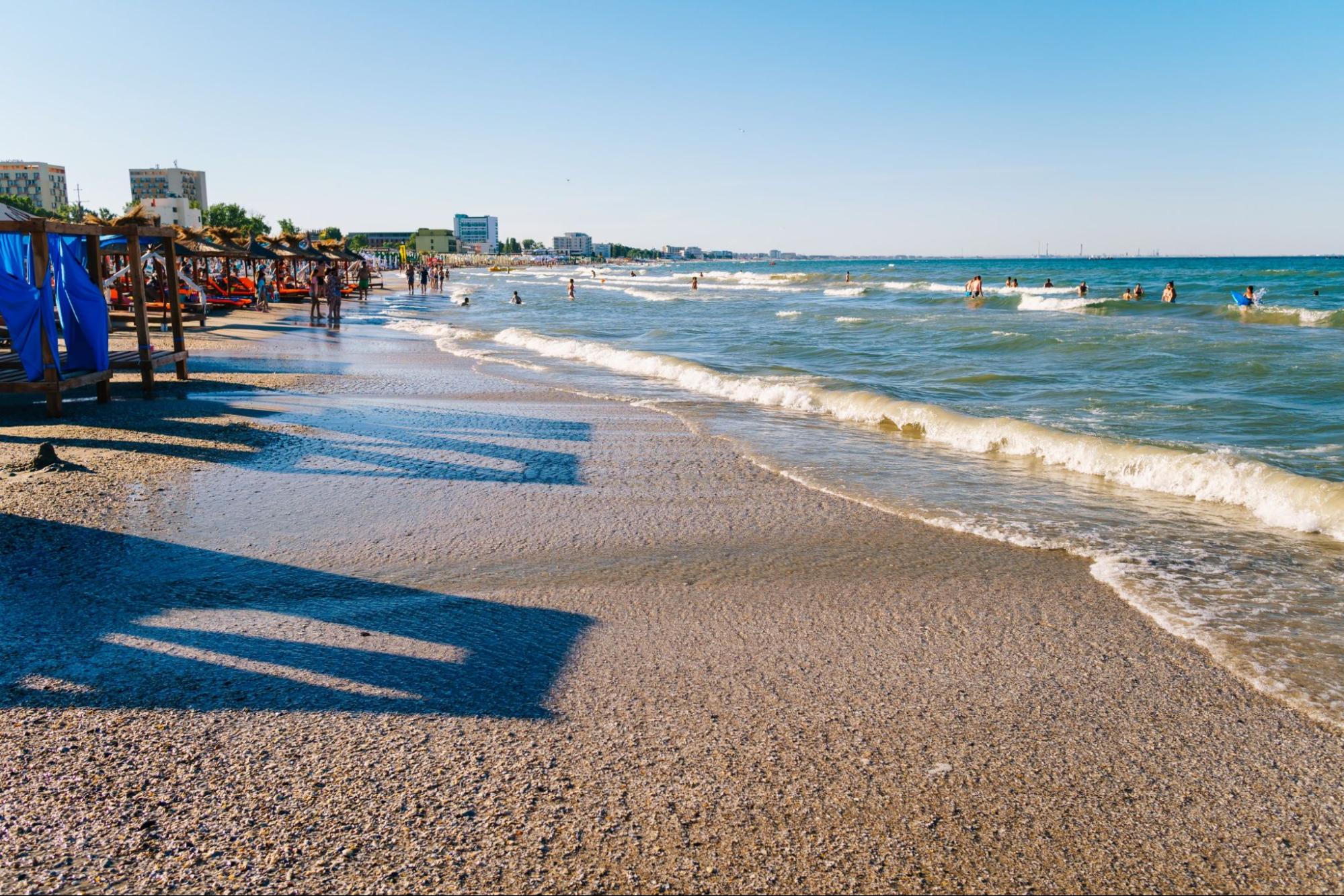
6. Iasi: Off-the-Beaten-Path
For those seeking a truly off-the-beaten-path experience, Iasi, near the Moldovan border, beckons.
While it lacks major tourist attractions, it immerses you in local culture and offers a chance to be one of the few foreigners in town.
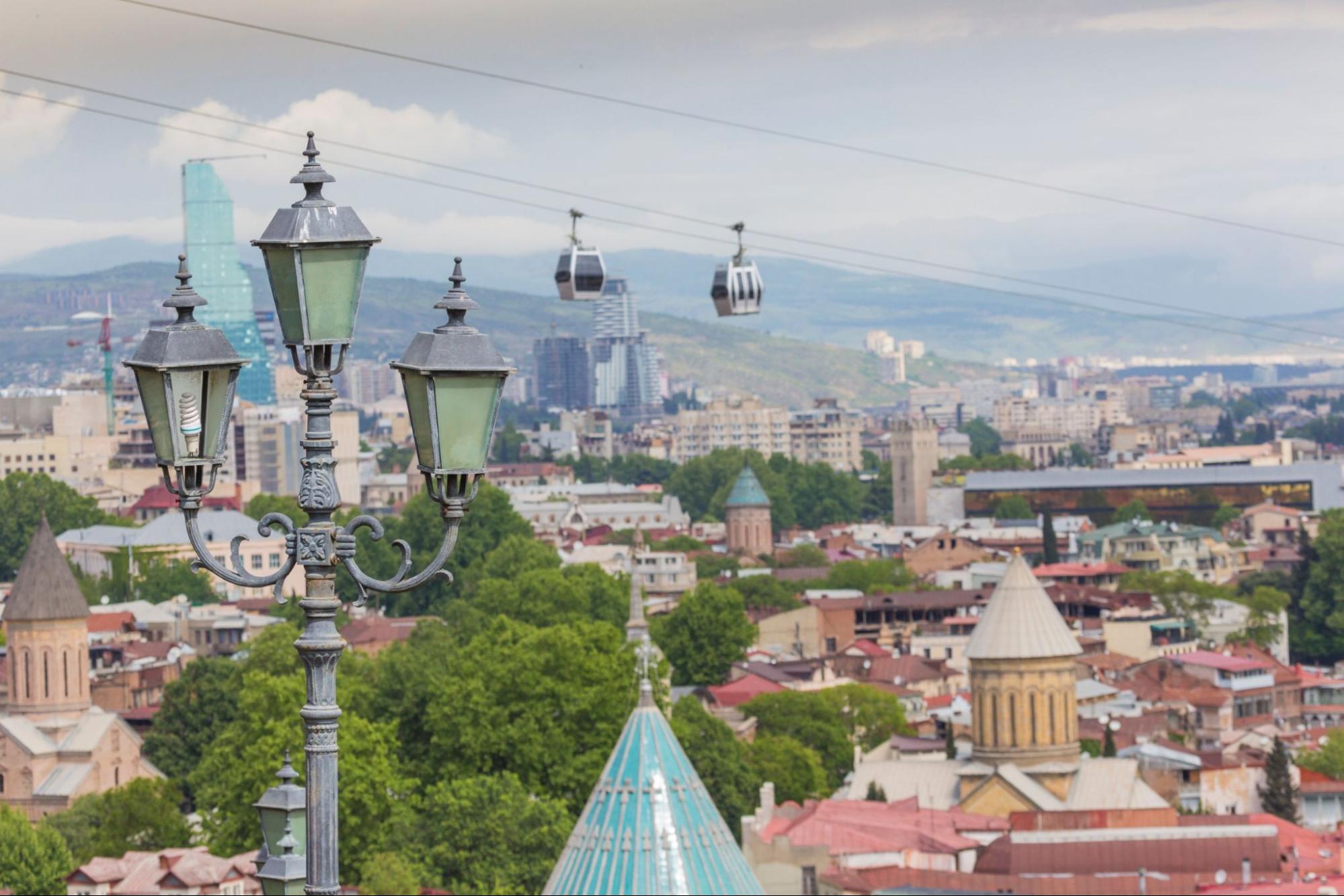
Cost of Living in Romania
Romania is undeniably one of Europe's most budget-friendly destinations. With prudent spending habits, a digital nomad can comfortably live in Romania for around €1,400 per month. Here's a breakdown of monthly expenses:
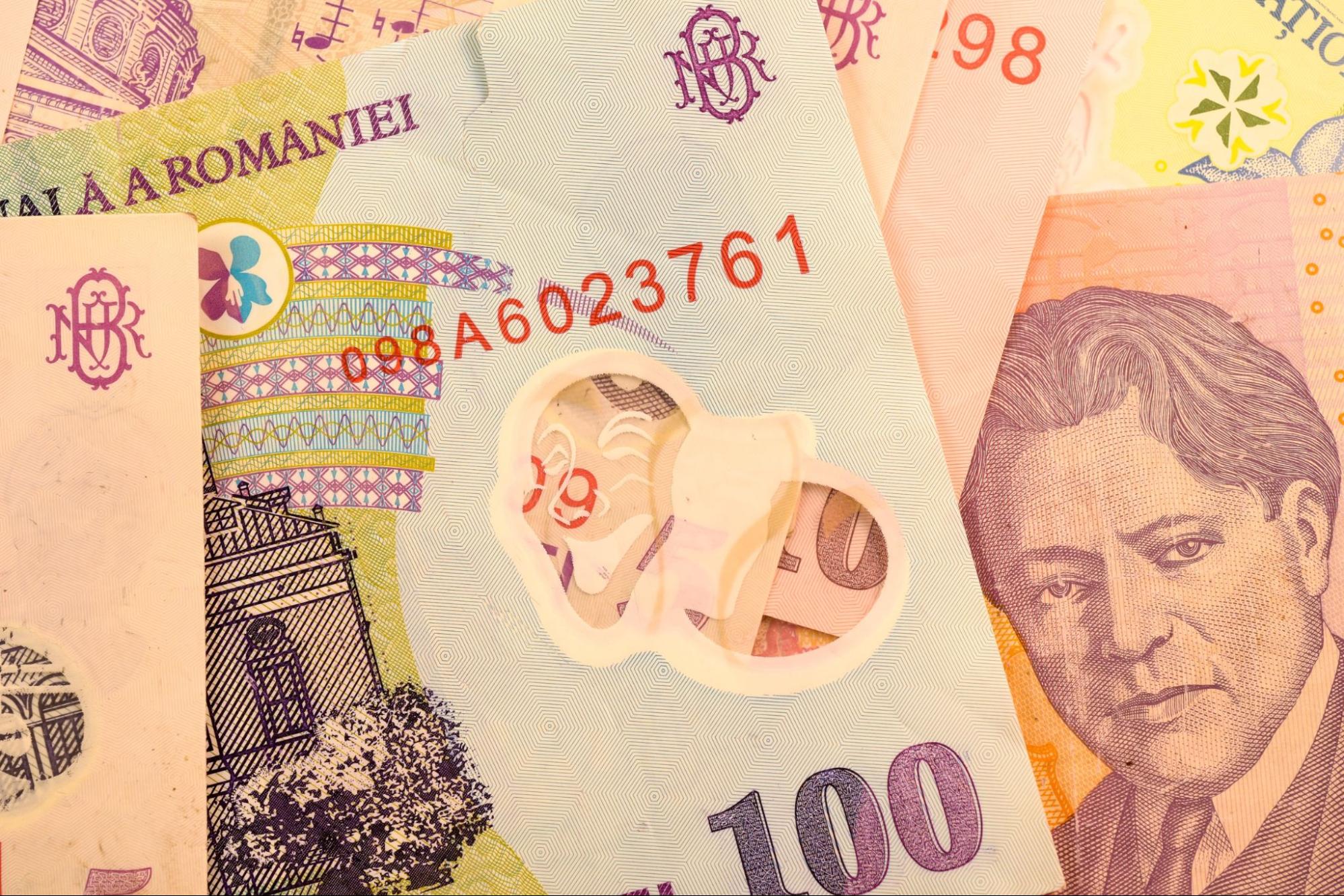
- Accommodation (Airbnbs, Hotels, Hostels): €700
- Food and Drinks: €400
- Transport: €50
- Tourist Activities: €100
- Miscellaneous (Sim Card, Barbershops, Coworking, Gym): €150
Finding Accommodation
For remote workers, Airbnb is often the go-to choice for accommodation in Romania. If you plan a longer stay, consider local rental agencies, although the process may be more complex.
In cities like Bucharest, Brasov, and Cluj, budget-friendly hostels provide an affordable alternative. Those seeking a touch of luxury can find deals in hotels and guesthouses, particularly during the off-season.
Infrastructure and Connectivity
Romania's infrastructure has witnessed significant improvements in recent years, especially its road network.
The country's internet speed is world-class, with a median speed of over 170 Mbps, ensuring seamless connectivity for remote work. Popular SIM card options include DIGI and Orange, offering flexibility and competitive pricing.
Getting Around Romania
Exploring Romania is an adventure in itself. While trains provide a unique experience, they are generally slower and somewhat outdated.
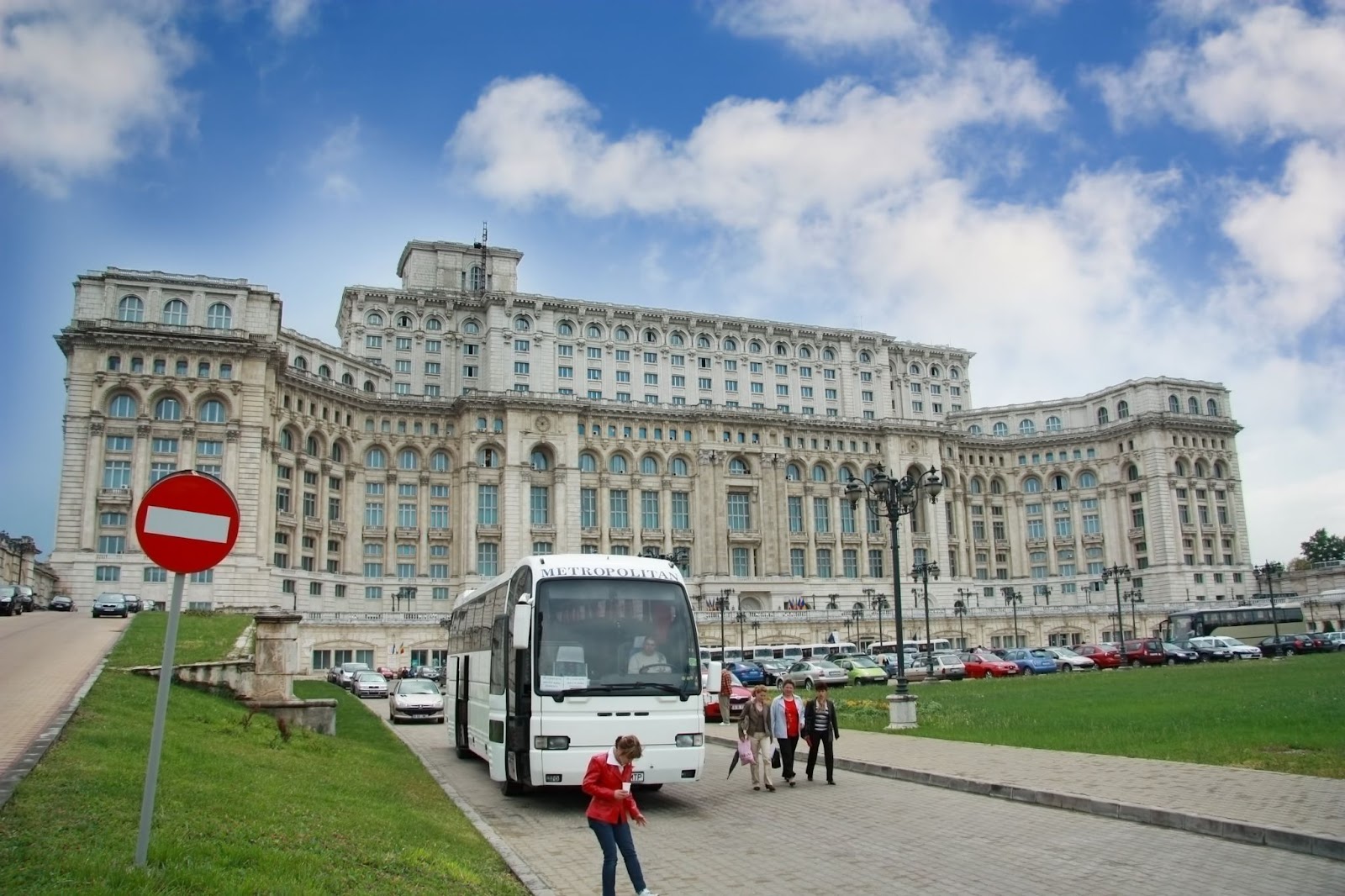
Buses and car-sharing platforms like BlaBlaCar offer more convenience for travel within the country.
Remote Working Locations
Romania offers a range of inviting coffee shops and coworking spaces, making it easy for digital nomads to find productive environments. Some notable options include:
- Commons Unirii Bucharest Coworking
- TheAtelier.ro Coworking Space Bucharest
- We Love Digital Unirii Bucharest Coworking
- Beans & Dots (Bucharest)
- Meron (Multiple Locations)
- Cafe Van Gogh (Bucharest)
- The Guild Hall Cluj Coworking
- Rocket Space Coworking Cluj
- ClujHub (Cluj)
- Hub 1317 Coworking Brasov
- Utopia Hub Brasov Coworking
Culture and People
Romania is a country of contrasts, reflecting its diverse history and culture. While it's one of the newest EU members, it also ranks among the countries with the lowest average income. The population is a mix of various cultures, including Romanians, Hungarians, Serbs, and Roma.
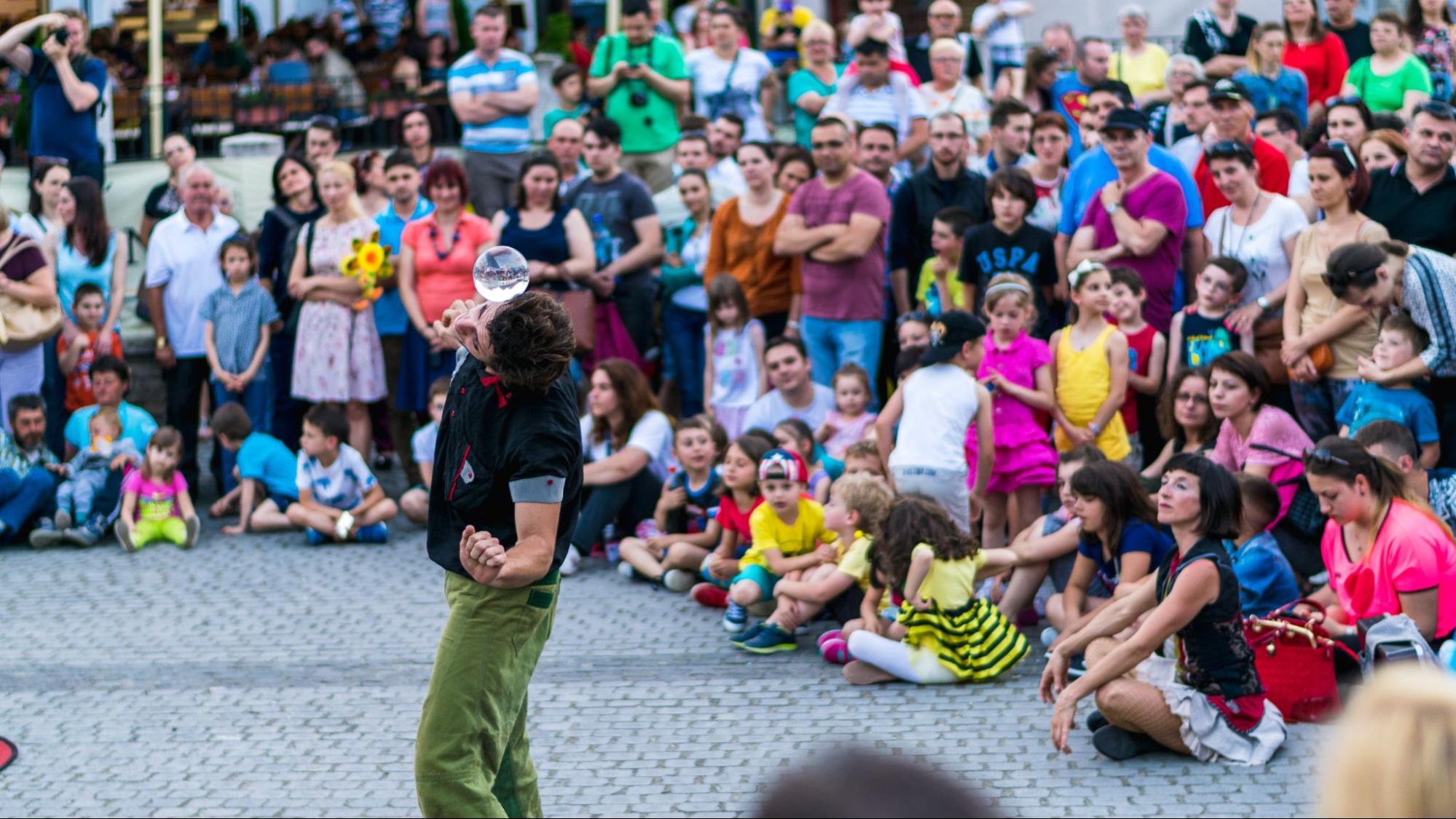
Romanians are generally friendly and hospitable, with a strong culture of hospitality. However, service in restaurants and administrative offices may not always meet international standards.
The country also cherishes its regional traditions, offering a unique blend of Roman/Latin heritage, Transylvanian customs, and remnants of its communist past.
Romania Digital Nomad Visa
Yes, Romania offers a one-year digital nomad visa for individuals meeting specific requirements, such as working for a foreign company and demonstrating an average income three times the gross monthly average salary in Romania (approximately €3,700 per month). The application process is available online.
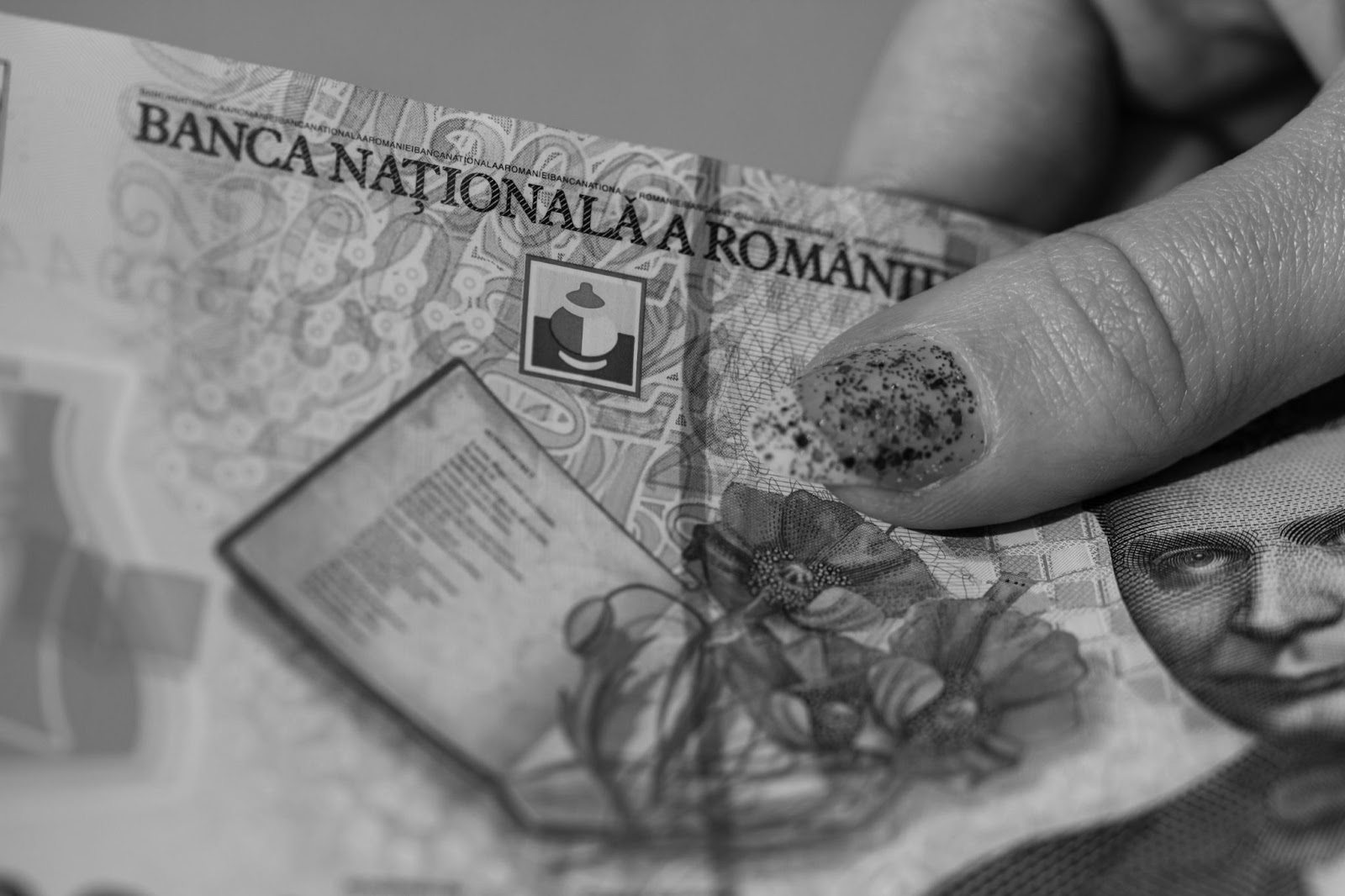
Getting to Romania
Bucharest Otopeni Airport is a major gateway to Romania, connecting the country to Europe and the Middle East. Cluj also has an international airport, and bus and train connections are available to neighboring countries.
English Levels in Romania
In major cities, English proficiency is relatively good, particularly among younger generations. Rural areas may have fewer English speakers.
The Romanian language, part of the Romance family, bears similarities to French, Spanish, and Italian, making it somewhat accessible to speakers of these languages.
Safety in Romania
Romania is generally safe, similar to other Central/Eastern European countries. Using common sense and being cautious of tourist scams, particularly in nightlife areas of Bucharest, will ensure a trouble-free visit.
Travel and Digital Nomad Insurance
Proper insurance coverage is essential for long-term travel. Safety Wing is recommended for digital nomads, offering flexible plans covering medical emergencies, accidents, and lost luggage.
Digital Nomad Communities
While Romania is popular among digital nomads, most tend to congregate in specific spots, notably Bucharest, Brasov, and to a lesser extent, Cluj.
Conclusion
Having explored Romania's affordability, captivating culture, and diverse landscapes, it's evident that this country is a gem worth discovering for digital nomads.
Whether you choose the infrastructure of Bucharest, the natural beauty of Transylvania, or the seaside charm of Constanta, Romania has much to offer remote workers seeking an enriching experience in Central and Eastern Europe.
FAQ
- Is Romania a safe country for digital nomads?
Yes, Romania is generally considered a safe country for travelers, including digital nomads. Like in any destination, it's important to use common sense and be cautious of tourist scams, especially in bustling areas.
- What's the best time to visit Romania as a digital nomad?
Romania experiences four distinct seasons. The spring (April to June) and autumn (September to November) months are often considered the best times to visit due to milder weather and fewer crowds. Winters can be quite cold, and summers can be hot.
- Do I need a visa to work remotely in Romania as a digital nomad?
Citizens of many countries can enter Romania for short visits (up to 90 days) without a visa. However, if you plan to stay longer, you may need to apply for a digital nomad visa or a long-stay visa. Check Romania's visa policies for your specific situation.
- How is the healthcare system in Romania for digital nomads?
Romania has a healthcare system that provides both public and private medical services. While the quality of healthcare can vary, major cities have well-equipped hospitals and clinics. It's advisable for digital nomads to have comprehensive health insurance.
- Are there coworking spaces in smaller cities and towns in Romania?
While larger cities like Bucharest, Cluj, and Brasov have a wide range of coworking spaces, smaller towns and rural areas may have limited options. It's essential to research and plan your remote work setup accordingly.
- What are the best transportation options for exploring Romania as a digital nomad?
Travel within Romania can be done by train, bus, or car. Trains offer a unique experience but can be slower. Buses are often more convenient, and platforms like BlaBlaCar provide car-sharing options for flexible travel.
- Is English widely spoken in Romania?
In major cities and among younger generations, English proficiency is generally good. However, in more rural areas, you may encounter fewer English speakers. Learning a few basic Romanian phrases can be helpful and appreciated.
- What are some must-visit attractions and activities for digital nomads in Romania?
Romania offers a wealth of attractions, including historic castles, national parks, and charming towns. Must-visit places include Bran Castle, Peles Castle, Transfagarasan Highway, and exploring the charming streets of Brasov and Sibiu.
- How can I find long-term accommodation in Romania as a digital nomad?
Long-term accommodation can be found through platforms like Airbnb, local rental agencies, or even by negotiating with landlords directly. Prices can vary depending on the city and the type of accommodation you choose.
To obtain a Romania eVisa
Step1: Complete the online application by providing your passport details.
Step2: Submit payment online using a credit card.
Step3: Monitor your email for confirmation of payment and receipt of your eVisa, which will be sent electronically.
